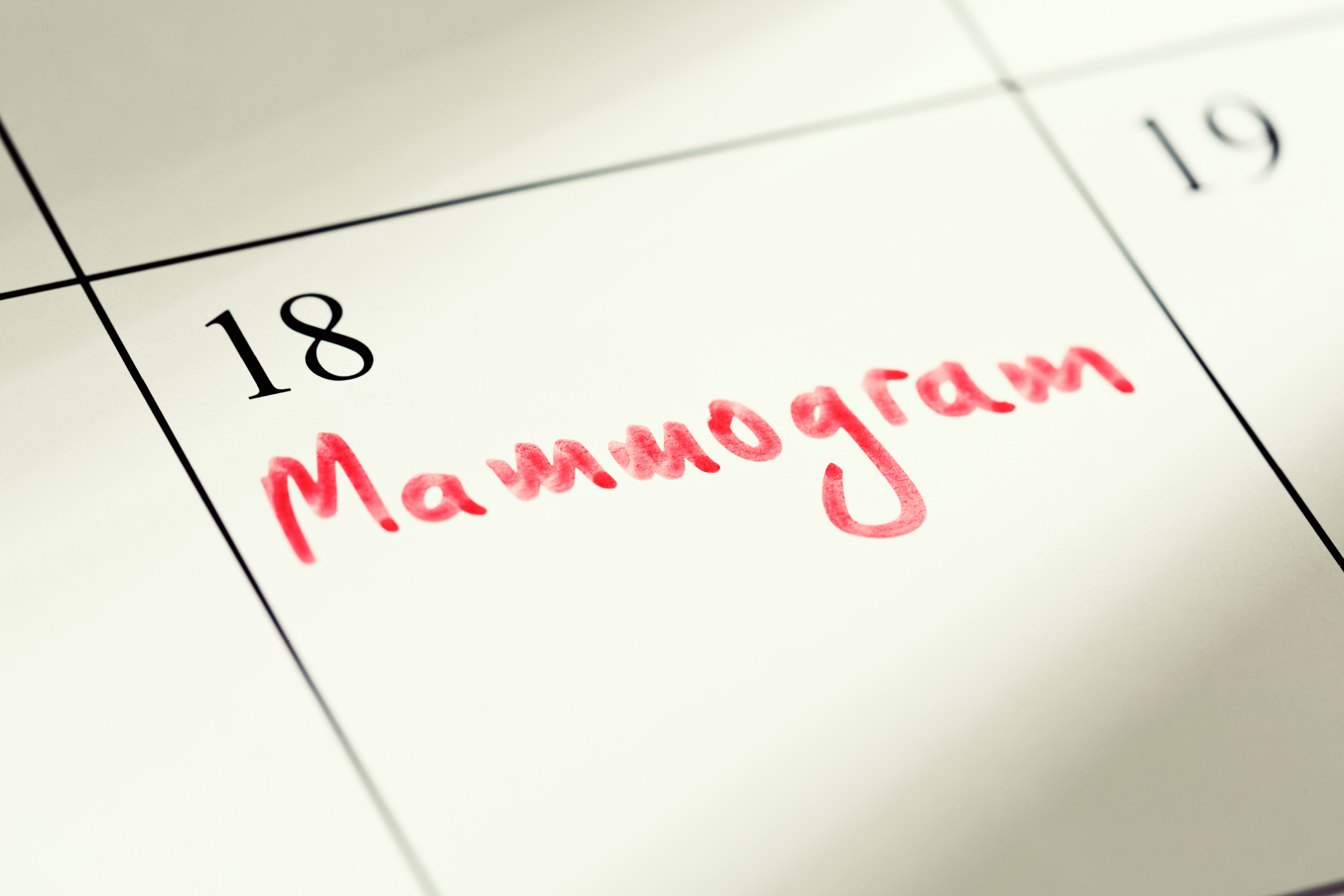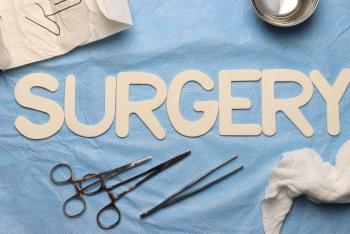For 81-year-old artist Bonnie Flanagan, an overall assessment of her health, which included a self...
Read More

This year, the American Cancer Society predicts that 281,550 cases of breast cancer will be diagnosed. The earlier breast cancer is detected, the more successful the response to treatment.
Early stages of breast cancer can be asymptomatic, which means you may not notice any changes. That’s why getting screened is so important.
Mammograms are the best tool we have in detecting and diagnosing breast cancer early. According to the Centers for Disease Control and Prevention (CDC), mammograms can detect breast cancer symptoms nearly three years before they can be felt by hand.
“We use mammograms to look for calcifications, or calcium deposits, in the breast tissue. Depending on the type of deposit and its shape, size and location, we either deem the deposit normal or biopsy the deposit if we see something suspicious,” said Allison Lawyer, M.D. Chief Radiologist of Mammography at Inspira Health Medical Imaging. “Screening mammograms can also identify masses in your breast which are too small to feel.”
Mammograms work by taking a low-dose X-ray of the breast. Because breast tissue is often too dense for a typical X-ray to get a full view, the breast is placed between two plates that squeeze together. This way, the breast tissue is not exposed to high levels of radiation and radiologists (physicians who are specially trained to interpret your mammogram) can still get a clear look.
Breast cancer cannot be prevented; however, understanding your risk and knowing when to get screened are two ways to protect yourself from breast cancer.
“Advanced age, the BRCA1 and BRCA2 gene mutations, dense breast tissue and family history all contribute to a higher risk of developing breast cancer,” said Lawyer. “If you have some of these risk factors, it does not mean you will get breast cancer. What it does mean is that you need to have open conversations with your doctor about when and how often to get screened.”
There are several different recommendations from professional groups with experience in population health and cancer care concerning when you should start and potentially stop mammogram screening as well as how often it should be performed. This can be potentially confusing. Groups led by gynecologists, oncologists, radiologists, and breast surgeons all recommend women with average risk for breast cancer to begin screening at age 40 and to continue mammograms annually. Again, you should have a conversation with your primary doctor as to what the best screening strategy is for your personal situation.
Getting a mammogram may feel daunting at first, but remember: The discomfort of getting a mammogram outweighs the risk of not getting screened at all.
“Some patients say that getting a mammogram feels uncomfortable because of the pressure placed on the breast. In some instances, your breast may be more sensitive to the mammogram if you are menstruating at the time of the screening,” said Lawyer. “Regardless, mammograms only take a few minutes and the benefit of knowing you don’t have breast cancer lasts much longer.”
To ensure you get the most accurate mammogram results, be sure to:
“If your mammogram is normal, it will act as a baseline for future screenings. If your mammogram is abnormal, there still may be no reason for concern. You may just need a few more tests,” said Lawyer.
To request an appointment or schedule your mammogram, go to Mammography

For 81-year-old artist Bonnie Flanagan, an overall assessment of her health, which included a self...
Read More
Uncover the hidden connections between your family's past and your future well-being as we delve...
Read More
Treating cancer requires an arsenal of tools and preventive measures. Explore the power of...
Read More
The material set forth in this site in no way seeks to diagnose or treat illness or to serve as a substitute for professional medical care. Please speak with your health care provider if you have a health concern or if you are considering adopting any exercise program or dietary guidelines. For permission to reprint any portion of this website or to be removed from a notification list, please contact us at (856) 537-6772